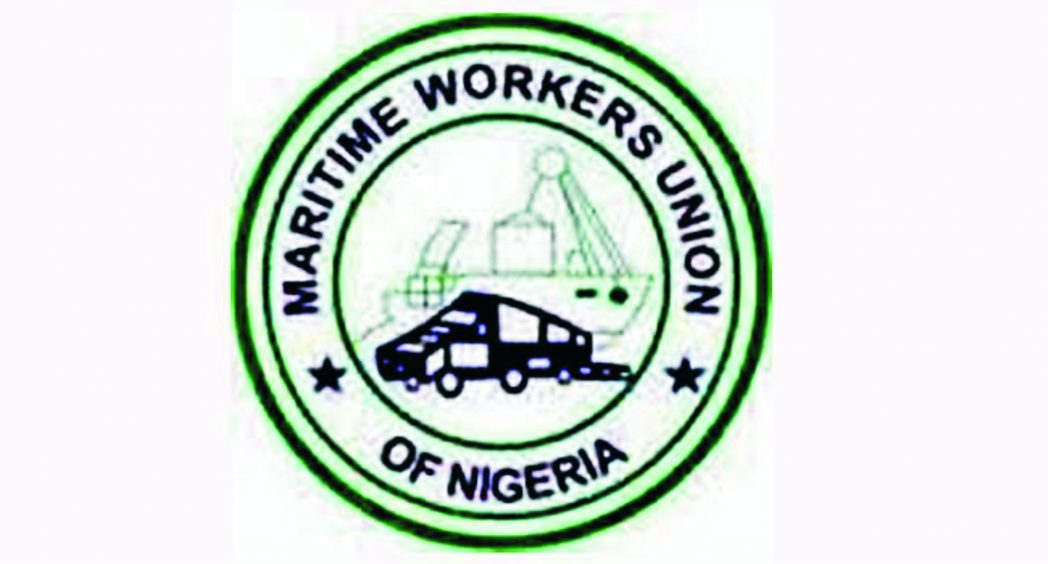Business
MWUN Threatens Service Withdrawal Over Dilapidated Quays

The Maritime Workers Union of Nigeria (MWUN) has threatened to withdraw their services from the nation’s seaport if the issues of dilapidated quays are not addressed urgently.
This is coming barely weeks after the Minister of Transportation, Muazu Sambo, inspected the dilapidated portion of the Tin Can Island quay apron in company of some heads of maritime agencies.
Addressing journalists at a joint press conference organised by MWUN and the Nigerian Association of Road Transport Owners (NARTO), the President-General of MWUN, Adewale Adeyanju, said the dilapidated state of the quay walls was putting the lives of workers at the affected terminals at risk.
He called on the Nigerian Ports Authority (NPA) to ensure that necessary measures were put in place to fix the dilapidated infrastructure, saying the union could no longer allow the situation to deteriorate further before protesting.
“It is unfortunate that this kind of thing is happening. If you go to Port Harcourt or Warri port, we are having the same problem.
So, we are using this medium to appeal to the management of NPA to make sure that all the terminal operators do the right thing.
“They can sanction those who refuse to make their terminals safe for the workers. Otherwise, we might withdraw the services of our members as a result of that. The lives of the workers are no longer safe and injury to one is injury to all”, he said.
Adeyanju stated further that the collaboration between MWUN and NARTO would also ensure improved welfare for truck drivers and reduce cases of extortion along the port access roads.
He also said the collaboration would ensure free flow of traffic to ease cargo and vehicular movement in and out of the ports.
According to him, the partnership would not involve collection of toll along the port access roads as both parties had resolved to key into the electronic call-up system project of NPA.
“The essence of this collaboration is to support a good programme birthed by NPA – ETO. We are also going to work with other stakeholders in the port so that we can have free flow of traffic on the road.
“I am also using this opportunity to send a signal to our members that we should not go against the Memorandum of Understanding because it is binding on both parties.
“We must also ensure discipline and eschew thuggery and extortion along the port access roads”, he stated.

